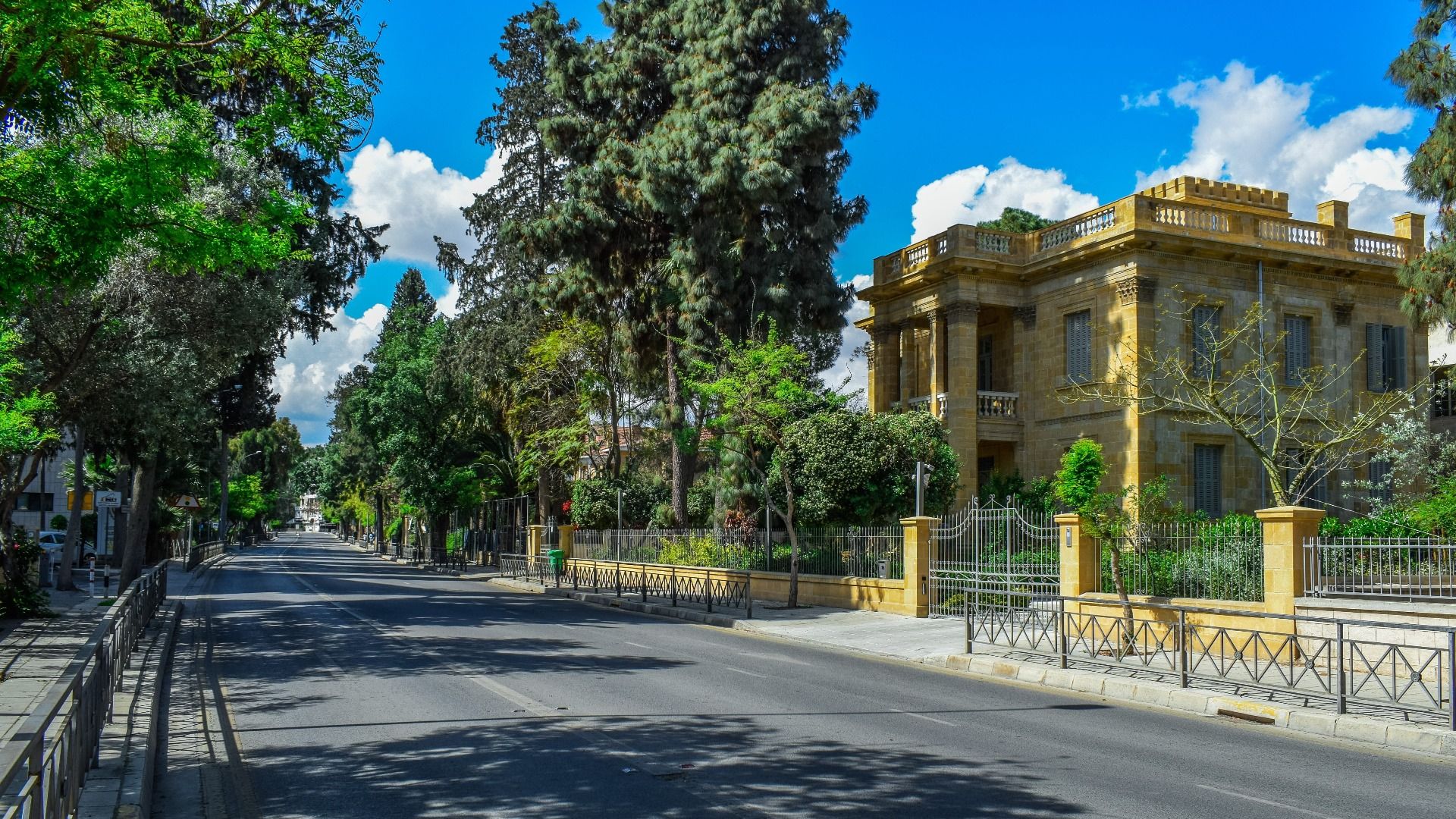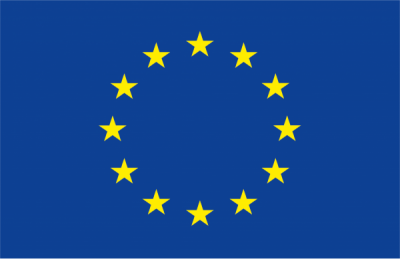
The Cyprus Institute – Rethinking urban greening for air quality and climate resilience
How do urban trees cope with pollution and extreme heat, and what does this mean for the air we breathe? A new study at The Cyprus Institute aims to answer these questions by decoding the chemical signals plants release in cities.
As many cities seek to expand greenery to counter rising temperatures and poor air quality, it becomes crucial to understand how well trees cope with stress and what their emissions mean for the urban atmosphere. A recently awarded research project at the Cyprus Institute’s Climate and Atmosphere Research Centre (CARE-C) will investigate how vegetation releases natural gases, known as biogenic volatile organic compounds (BVOCs). These highly reactive gases are released when plants are stressed by pollution or high temperatures and can significantly affect air quality. The study will focus on common tree species planted across Cypriot cities, enabling researchers to assess how well urban greenery endures heat extremes and persistent pollution exposure.
Plants “speak” through gaseous emissions that change with growth and environmental stress, acting as signals of plant health. Once in the atmosphere, these gases can also take part in chemical reactions that form pollutants such as ozone and fine particles. With climate change intensifying heatwaves and pollution, interpreting this “language of trees” offers unique insights into how vegetation adapts and how urban greening shapes the air we breathe.
Until now, most biogenic emission studies have focused on forests. This project brings the science into the city. By tracking how emissions shift under pollution and heat, researchers aim to reveal which species can acclimate, where their tipping points lie, and which remain most resilient in demanding urban conditions. “Urban trees cool our streets and provide shade. We aim to identify the species that stay resilient under pollution and heat, so that urban greening strategies deliver lasting and sustainable benefits” says Assistant Professor Efstratios Bourtsoukidis, Principal Investigator of this project.
The findings will provide a scientific basis for urban greening as a nature-based solution, helping planners and communities select species that cope with stress while limiting unwanted effects on air chemistry. As Cyprus is a regional climate hotspot, the insights gained will be relevant far beyond the island, offering valuable guidance to cities worldwide facing rising temperatures and persistent pollution.
For more information, you can contact the project PI, Assistant Professor Efstratios Bourtsoukidis, on e.bourtsoukidis@cyi.ac.cy or +357 22 208 665
The project is co-funded by the EU within the framework of the Cohesion Policy Programme “THALIA 2021-2027.




